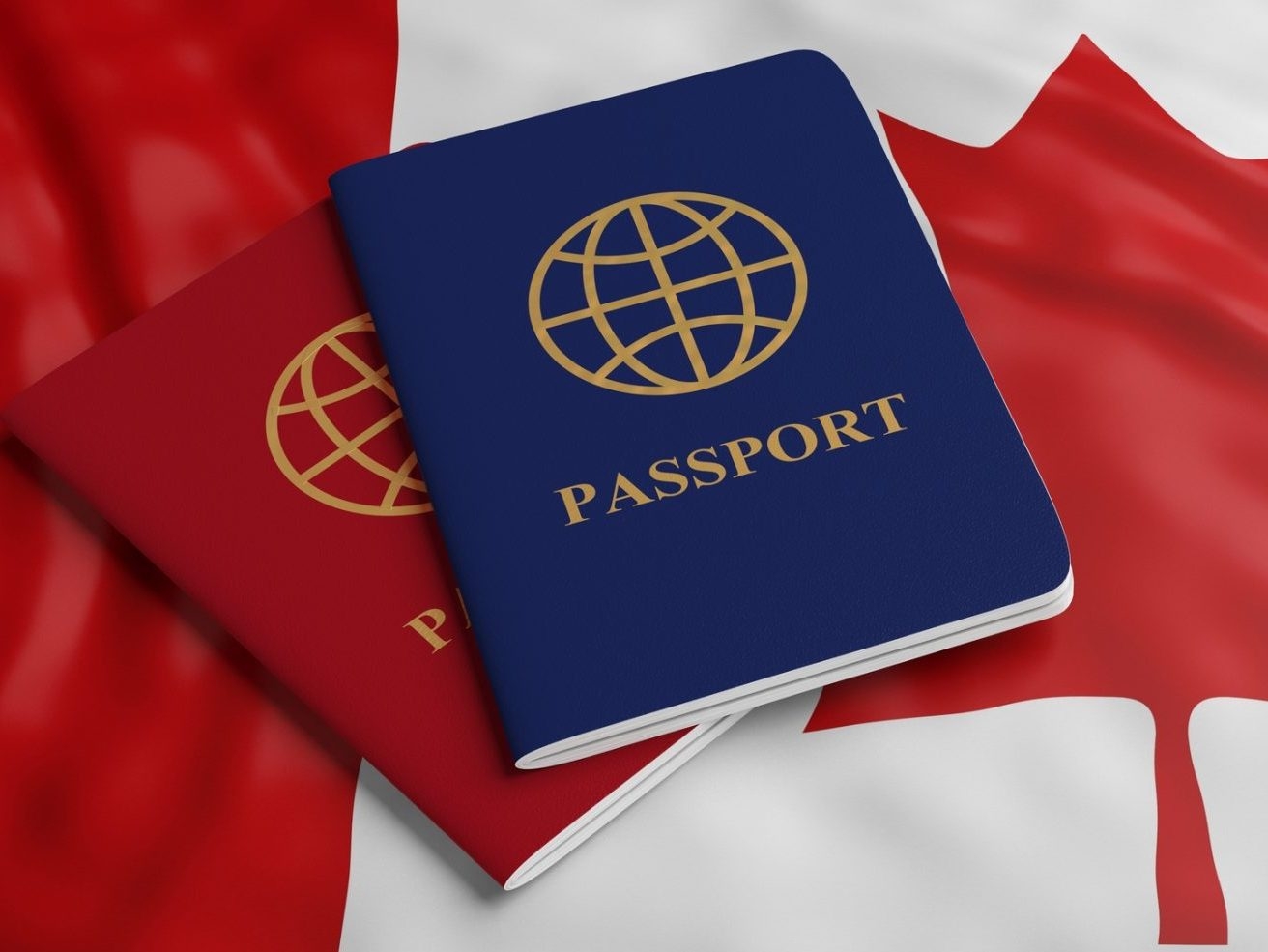A startling gap exists within Canada’s immigration system: the government possesses no comprehensive record of how often citizenship is granted – or denied – to individuals with criminal backgrounds. This revelation surfaced following a formal request for information from a Member of Parliament, exposing a critical blind spot in national security and public safety protocols.
The Immigration, Refugees and Citizenship Canada (IRCC) admitted its inability to track applications from individuals with criminal records, including a breakdown of offenses considered severe enough to warrant denial. This lack of data extends to those currently on probation, incarcerated, awaiting trial, or convicted of indictable offenses, raising serious questions about the thoroughness of vetting procedures.
Denial of citizenship isn’t solely based on Canadian crimes. False information, withheld documents, or involvement in unlawful activities abroad can also disqualify applicants. However, the absence of centralized data makes it impossible to assess the true scope of these rejections and the potential risks associated with granting citizenship to those with questionable pasts.

The concern isn’t merely theoretical. Last year, the arrest of Ahmed Fouad Mostafa Eldidi, implicated in a foiled ISIS terror attack, ignited public outrage. Eldidi had been granted Canadian citizenship just three months before his arrest, despite allegedly participating in a brutal ISIS torture video years prior. Canadian authorities were only alerted to his past through intelligence shared by French agencies.
Eldidi’s case underscores a disturbing reality: standard security screenings aren’t always sufficient to uncover hidden histories. He became a permanent resident and then a citizen while his alleged involvement in horrific acts remained unknown to Canadian officials, highlighting the potential for dangerous individuals to slip through the cracks.
The numbers reveal a stark imbalance. Between January 2019 and August 2025, Canada received over 1.8 million citizenship applications, approving over 1.8 million and refusing only around 11,000. While 2,530 rejections fell under the section of the Citizenship Act related to potential security concerns, the data doesn’t specify how many were directly linked to criminal activity.
The trend shows a consistent increase in applications, with 2024 seeing the highest number to date. As of August 2025, over 222,000 applications were received, with a similar pattern of overwhelmingly high approval rates. This rapid processing, while efficient, raises concerns about whether adequate scrutiny is being applied to each case.
Generally, citizenship requires a minimum of 1,095 days of physical presence in Canada, demonstrated tax compliance, language proficiency, and a passing score on a citizenship knowledge test. However, these requirements alone don’t guarantee a thorough vetting process capable of identifying individuals with concealed criminal histories or extremist affiliations.
The lack of data isn’t simply an administrative oversight; it represents a significant vulnerability in Canada’s national security framework. Without a clear understanding of how many individuals with criminal records are granted citizenship, it’s impossible to assess the risks and implement effective safeguards to protect the country.





